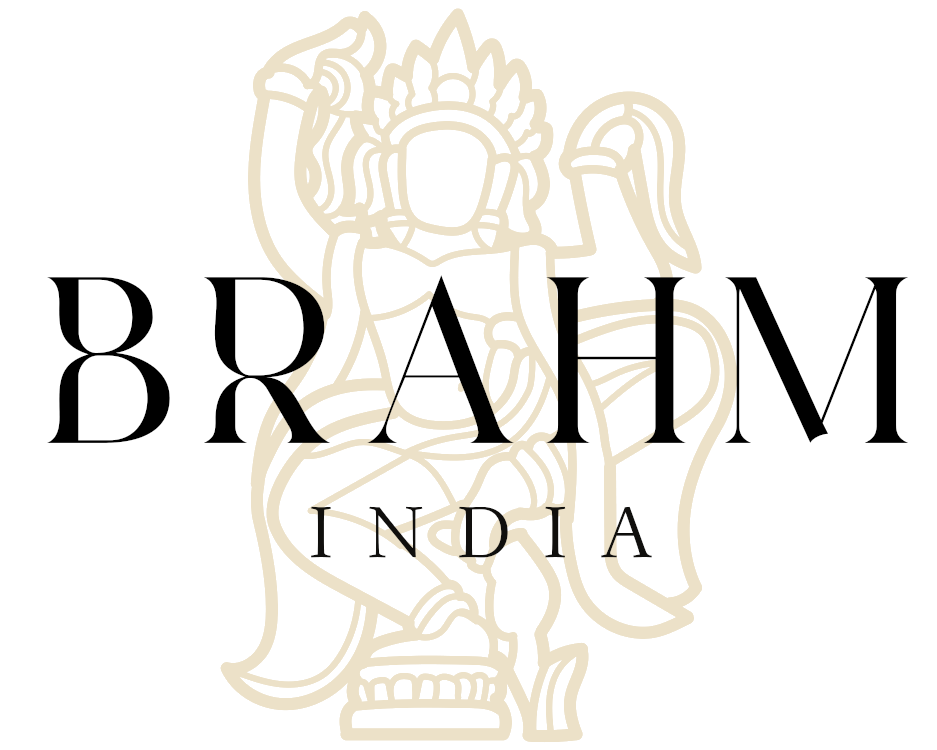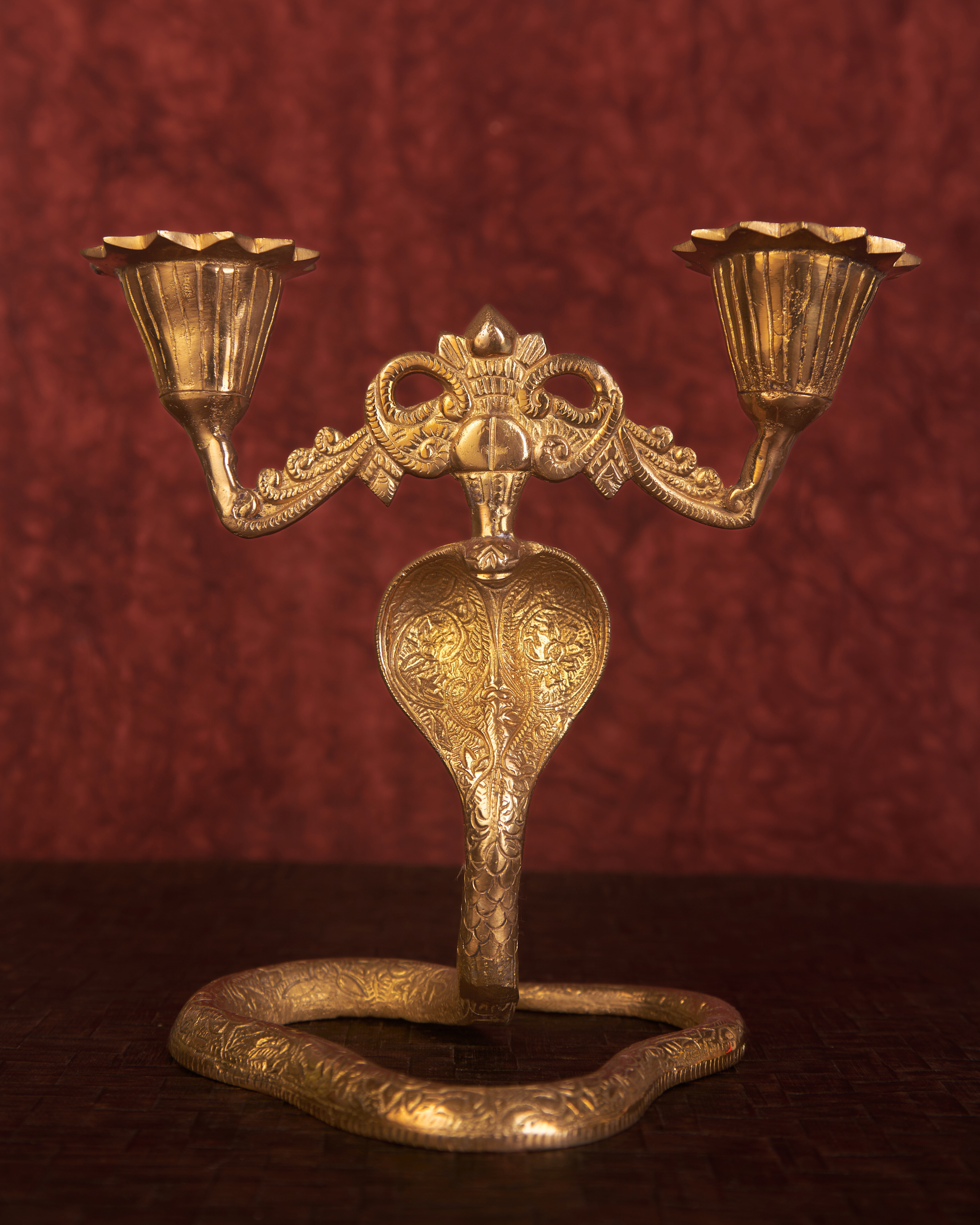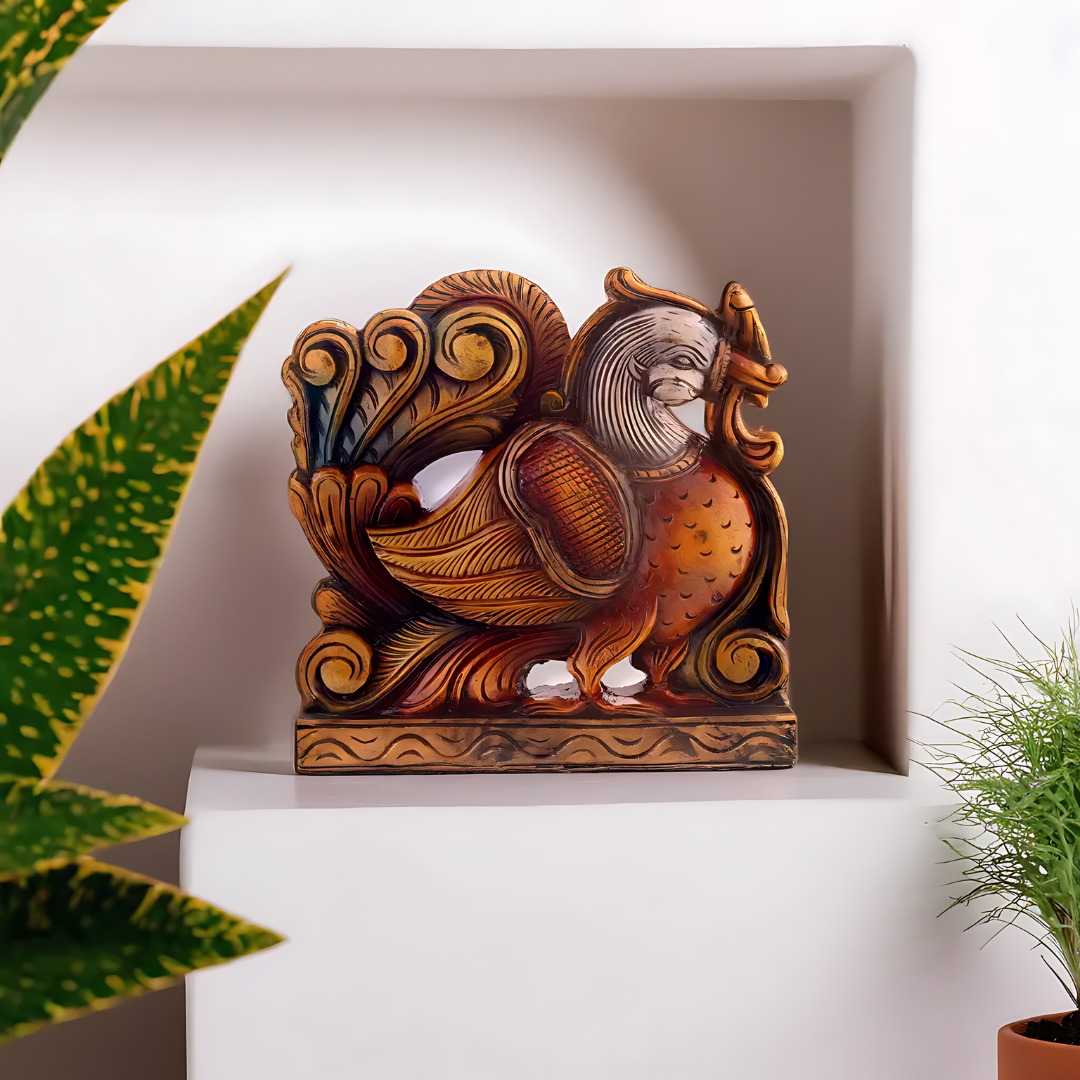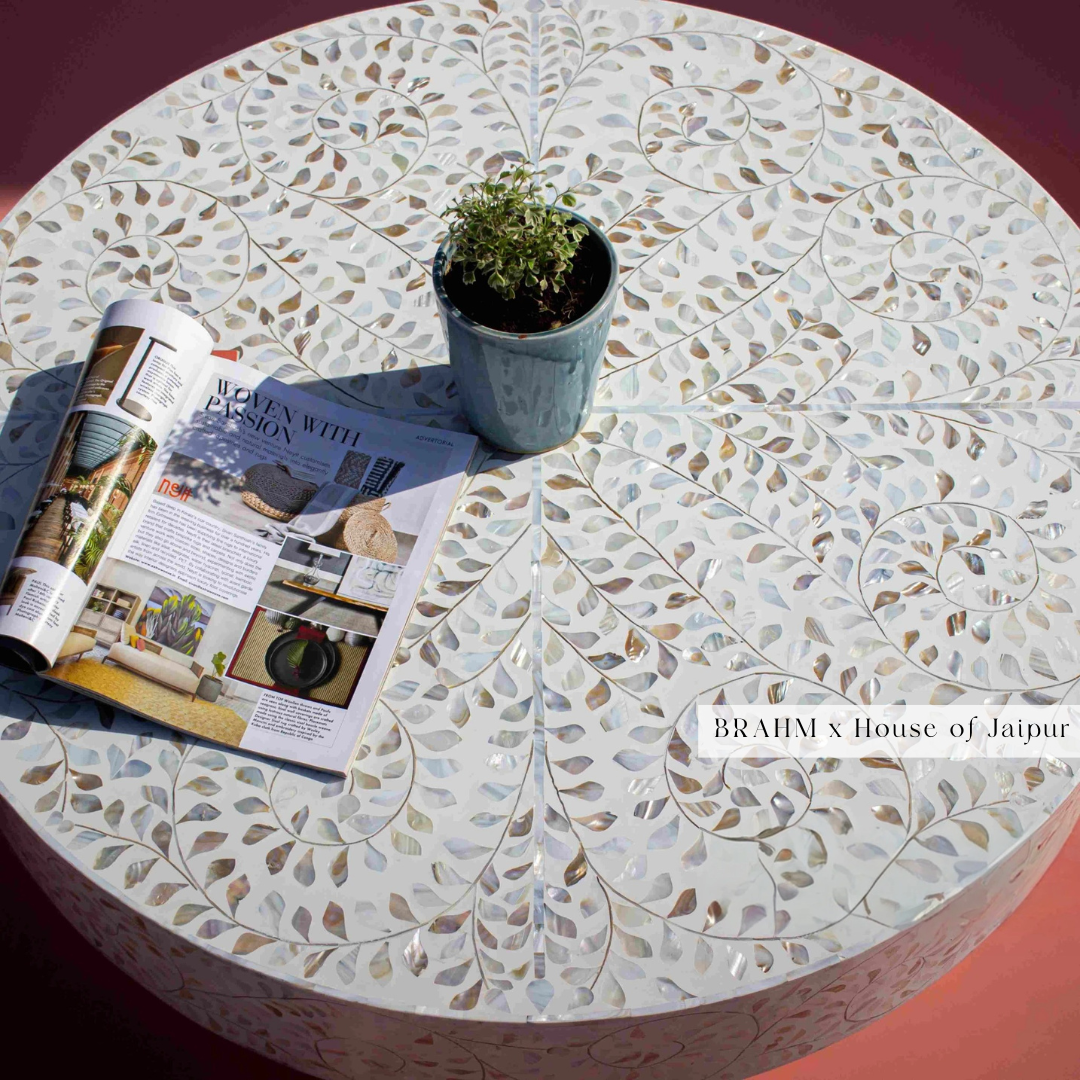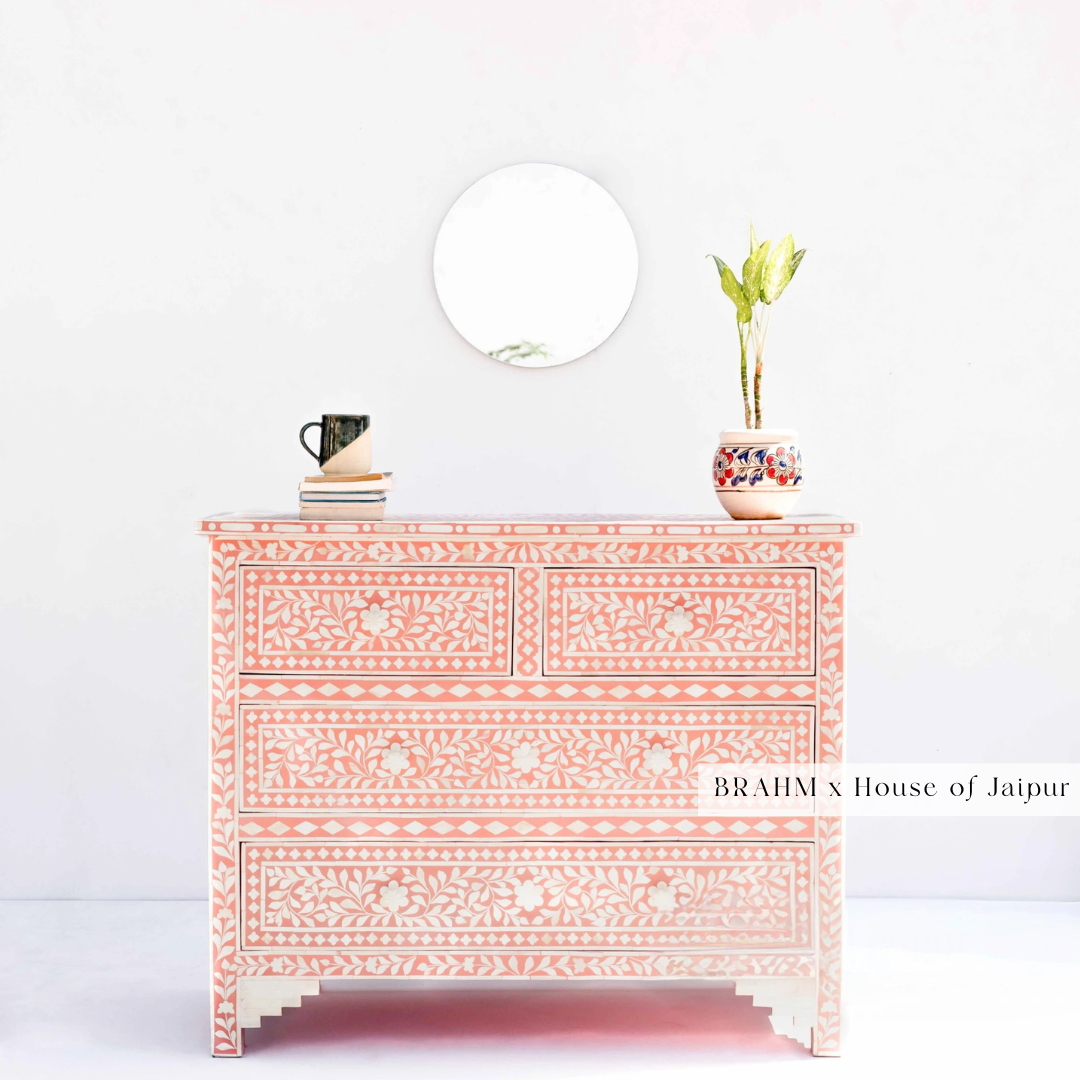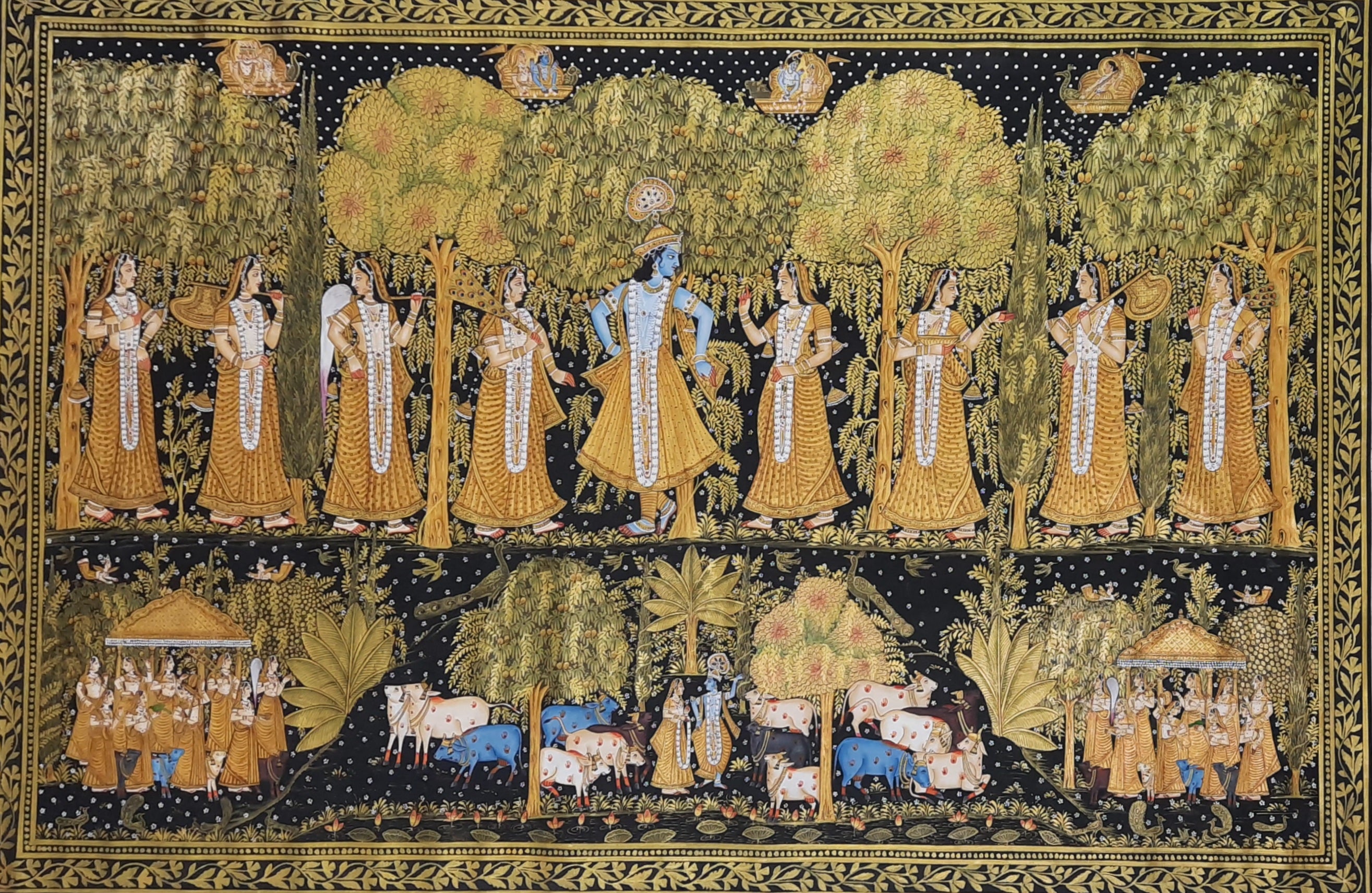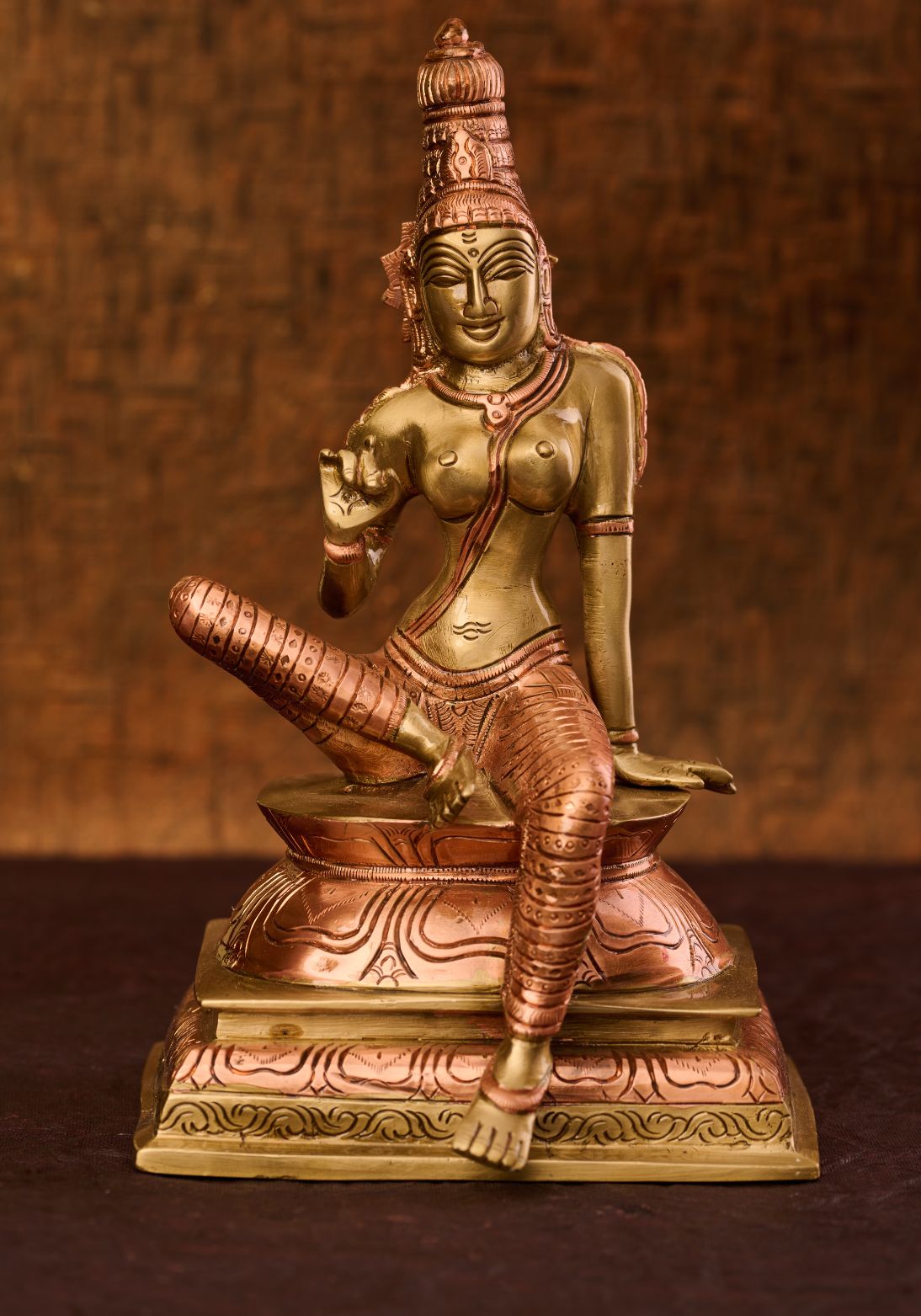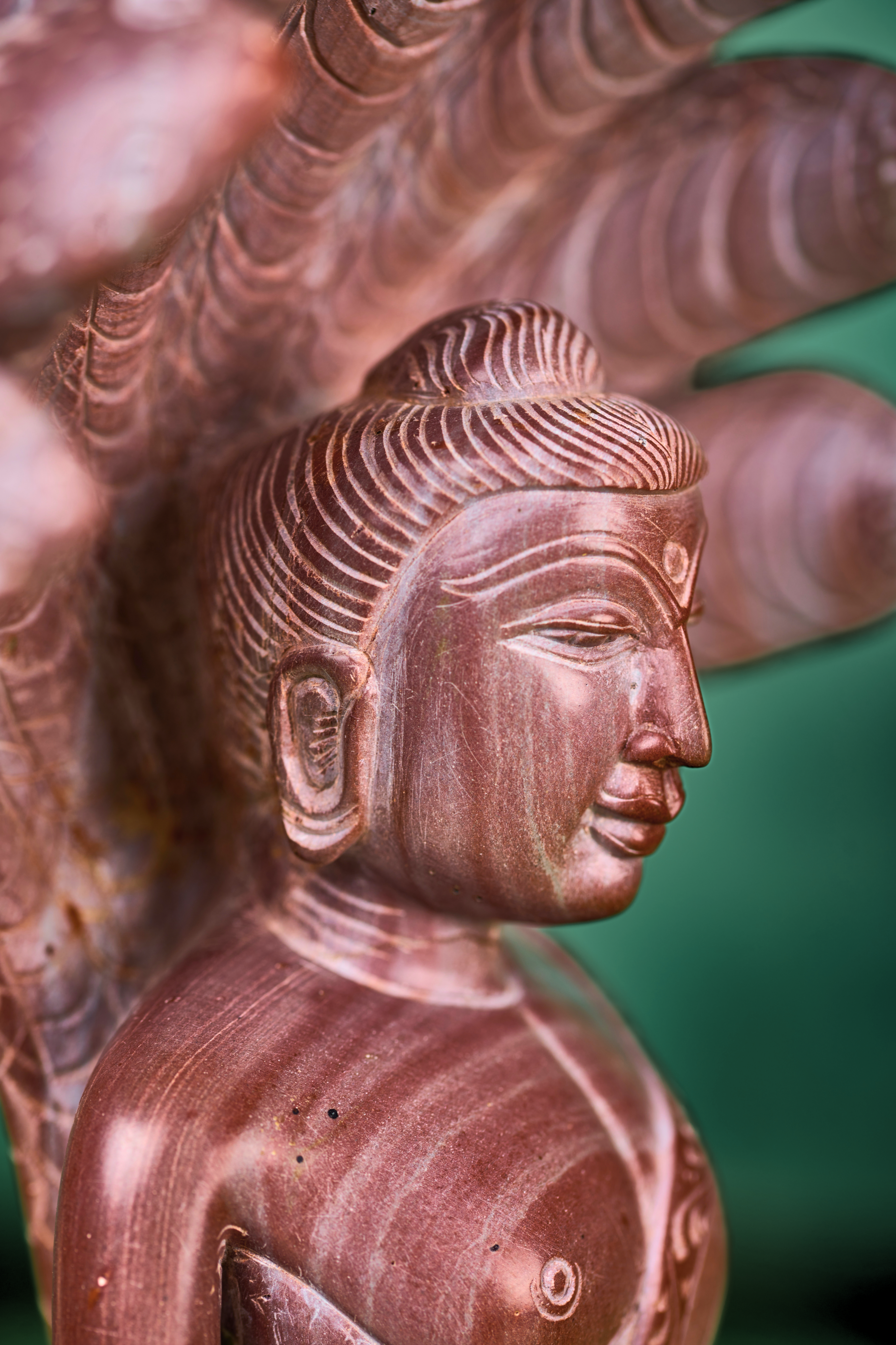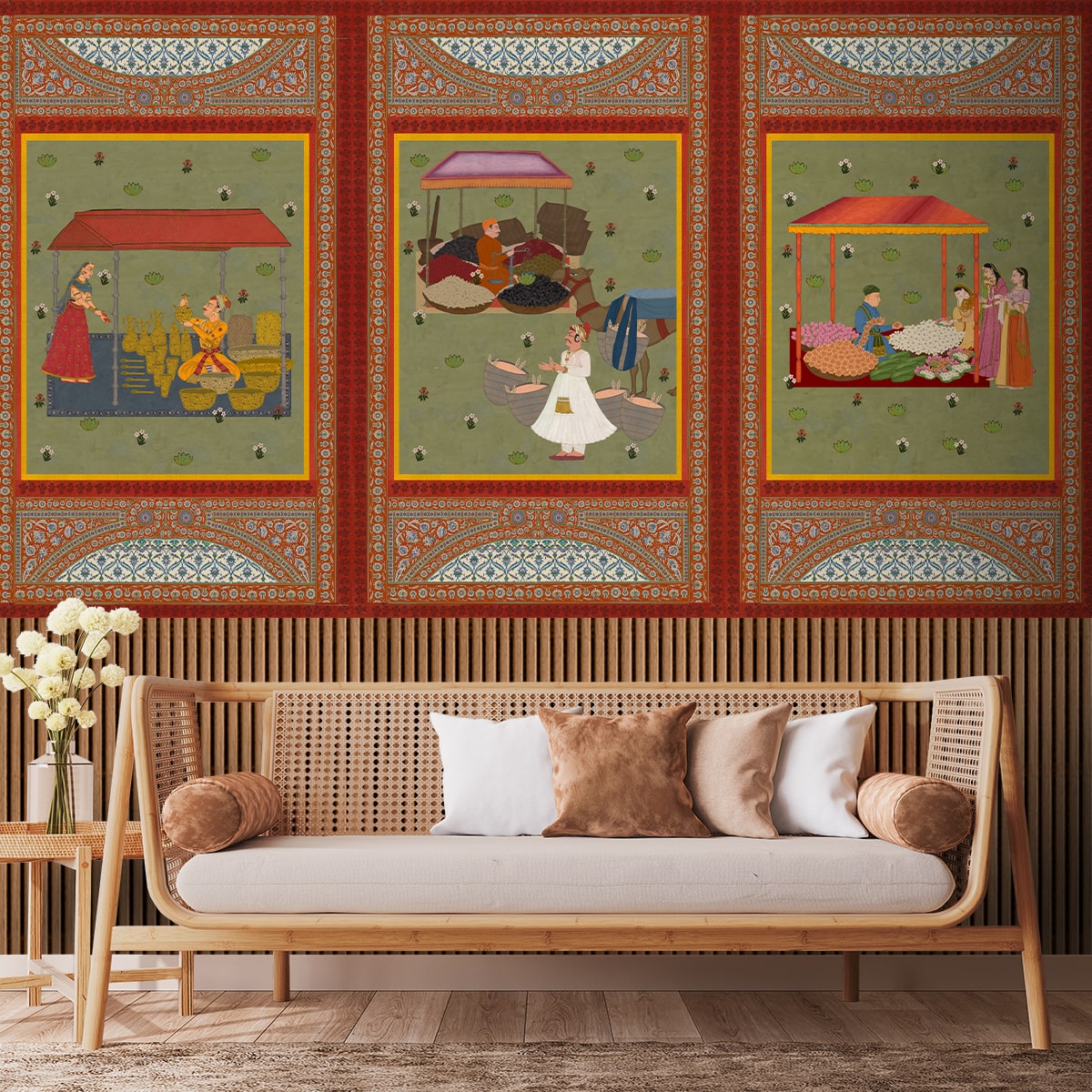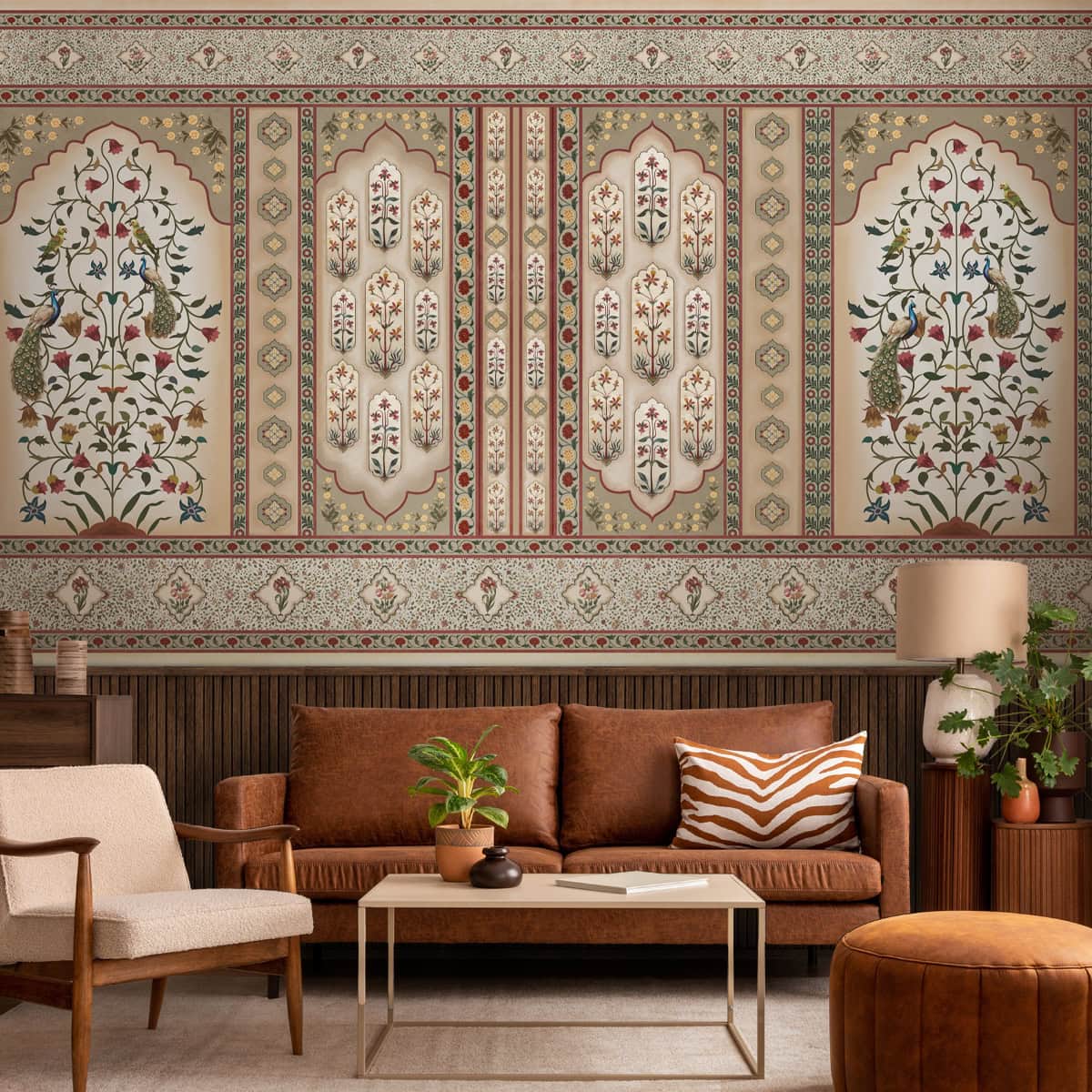WALL MEASUREMENT GUIDE
Before placing your order, measure your wall carefully to ensure a perfect fit. Whether you’re choosing a custom mural or patterned wallpaper, accurate measurements help avoid gaps, misalignment, and unnecessary waste. Use the guides below for standard walls, corners, sloped ceilings, and staircase walls.
Measuring for Patterned Wallpaper
Getting your measurements right is especially important with patterned wallpaper. Every design has a pattern repeat (the vertical distance before the design repeats), and you must allow for that so everything lines up.
- Measure the height and width of your wall carefully.
- Check the pattern repeat on the wallpaper roll.
- Add a bit of extra length so joins and corners align cleanly.
A little extra planning here saves both material and frustration during installation.
Measuring for Custom-Sized Murals
Custom murals are printed to the exact size of your wall, so precision matters.
- Measure both the width and height of your wall in several places.
- Walls can be slightly uneven — always use the largest measurement.
- Round up to the nearest cm or inch so you have a small overlap to trim.
It’s better to have a little extra to trim than to end up with uncovered edges.
Standard Single Walls
For plain, uninterrupted walls, measure the full width and height from one edge to the other.
- Measure width and height in a few spots to check for uneven areas.
- Use the largest width and height when ordering.
- Exclude skirting boards, cornices, or mouldings unless you want the mural to extend over them.

Walls with Obstacles
If your wall includes windows, doors, or sockets, still measure the entire wall as if those elements weren’t there.
This ensures your mural is printed to cover the complete surface. During installation, trim neatly around openings or fixtures for a seamless fit.

Sloped or Angled Walls
For walls with a slanted ceiling or uneven top edge:
- Measure the widest width of the wall.
- Measure the tallest height of the wall (even if only a portion is full height).
- Use the maximum measurements — you can trim to match the slope during installation.

Pitched Walls
Pitched walls are measured almost the same as sloped walls.
- Measure the widest point of the wall.
- Measure the tallest point of the wall.
- Order to those maximums — the mural is printed as a rectangle and trimmed on site.

Staircase Walls
Staircase walls are more complex because of the angle.
- Measure from the lowest point at the base of the stairs to the highest point along the slope.
- Measure the full width of the wall.
- If possible, take a photo and sketch your measurements — this helps ensure the mural is printed to fit the angled rise.

Quick rule of thumb: measure more than once, use the largest number, and round up so you always have material to trim.
